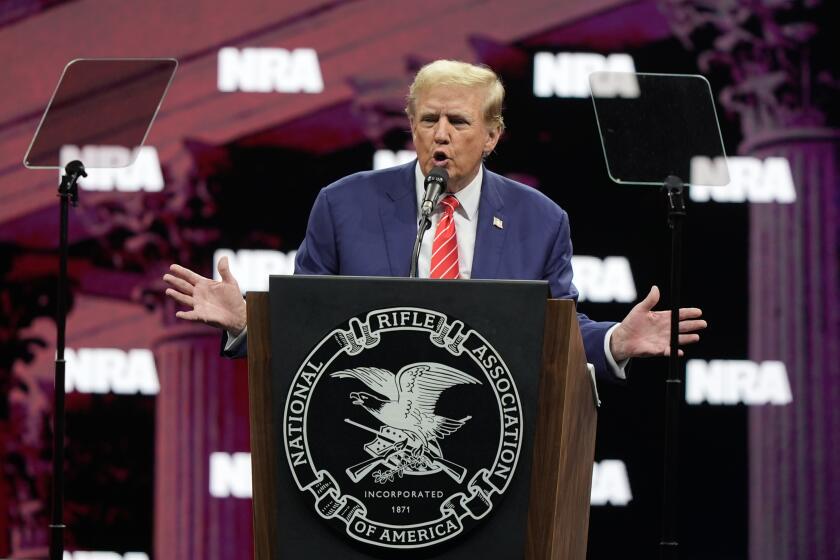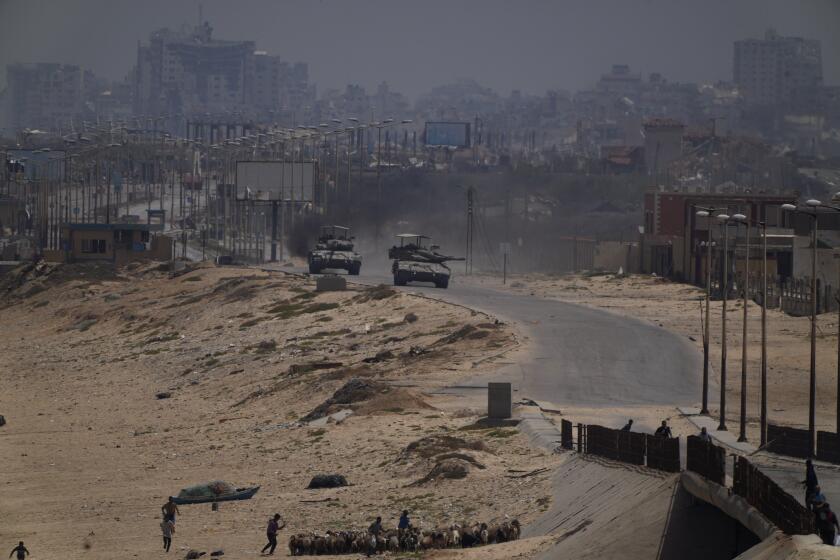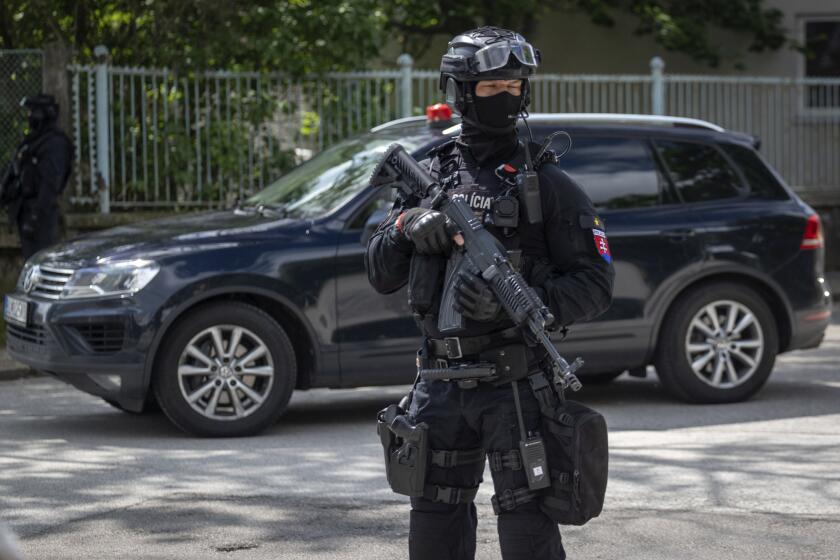Consistency Hobgoblin Strikes Again
After the Aug. 30 pro-independence vote in East Timor and the ensuing violence, critics quickly accused the Clinton administration of inconsistency for being willing to act forcefully to protect human rights in Kosovo but apparently not in East Timor.
But what do we mean by the “consistent” pursuit of humanitarian objectives in foreign policy?
Consistency cannot mean that the U.S. must take identical actions irrespective of local political circumstances. The bombing of Belgrade does not require the bombing of Jakarta. Actions cannot be judged without reference to their probable effectiveness and consequences.
Nor can consistency require that we only act in the face of genocide or the massacre of tens of thousands of people. A just cause, such as the integrity of an internationally monitored plebiscite, may be sufficiently compelling.
Consistency cannot require actions on behalf of one group of oppressed peoples that might well lead to disastrous consequences for other equally worthy peoples--in this case, 200 million other Indonesians whose fragile transition to democracy is at stake.
Consistency cannot require that we make policy unilaterally, without reference to the opinions of other states, including those which, for reason of geography or history, may have more at stake than we do.
Consistency cannot require that U.S. policy ignore consequences for international organizations that we wisely wish to strengthen over time. Nor can consistency require blind adherence to U.N. mandates, whether they argue for action or inaction, if U.N. opinion flies in the face of U.S. interests or would veto U.S. actions that could secure humanitarian objectives.
Nor can consistency be judged without reference to possible economic and military costs, whether measured in dollars or American lives.
Charges of inconsistency may be useful as a prod to drive an administration into action or to score points in partisan debates. But they do little to guide U.S. foreign policy choices.
In fact, the best we can do in the pursuit of humanitarian interests is “contingent consistency.” U.S. policymakers can give serious weight to humanitarian principles, but the ultimate course of action will be contingent upon a variety of interests and tactical considerations.
In the case of East Timor, contingent consistency led the U.S. to join other nations and international institutions to pressure to the Indonesian government to admit U.N.-sanctioned peacekeepers. This calibrated approach not only served humanitarian interests in East Timor but also advanced other U.S. goals while reducing potential costs.
For example, while the U.S. has humanitarian interests in protecting the will of the East Timorese and in the consolidation of democracy throughout Indonesia, it wisely avoided provocative actions that might have allowed authoritarian factions to seize the nationalist banner. And because the U.S. also had an interest in seeing Asian nations take more responsibility for regional security problems, the U.S. supported the bold initiative of Australia and various southeast Asian nations to mount an Asia-dominated peacekeeping force.
It was particularly felicitous that the U.S.-backed Asia Pacific Economic Cooperation, or APEC, forum was meeting last weekend in Auckland, New Zealand. This summit accelerated the decision-making process and gave fresh meaning to APEC’s vision of becoming a “community of Pacific nations.”
The U.S. also has a standing interest in strengthening the United Nations. If the Indonesian militia were allowed to nullify the results of a U.N.-sponsored referendum on independence, U.N. credibility would have been severely damaged. But the U.N. also was trapped in its deference to Indonesia’s national sovereignty. Only by firmly pressuring Jakarta to accept the peacekeepers could this contradiction in U.N. principles be overcome.
Similarly, a peacekeeping mission in East Timor could not be judged without considering the potential risks to coalition soldiers. Nor could a U.S. president send troops into harm’s way without considering the sustainability of domestic and congressional support. Now that the U.N.-sanctioned forces will enter at the invitation of the Indonesian government, there is reason to hope that casualties will be few.
This past weekend, the U.S. decided on a path that best served ourselves and our allies and best fostered cooperation and democracy in the region. An effective use of economic and diplomatic levers in East Timor appears to have sharply reduced the potential risks and costs to the U.S.
But if the cards had fallen in the other direction, our inaction would have been no less contingently consistent with our principles and interests.
More to Read
Start your day right
Sign up for Essential California for news, features and recommendations from the L.A. Times and beyond in your inbox six days a week.
You may occasionally receive promotional content from the Los Angeles Times.






